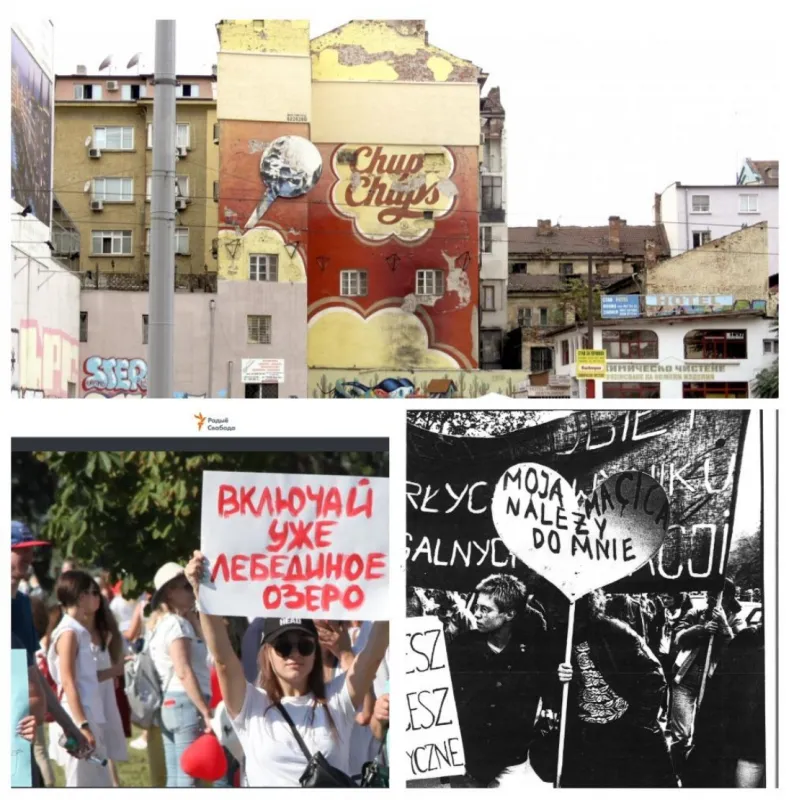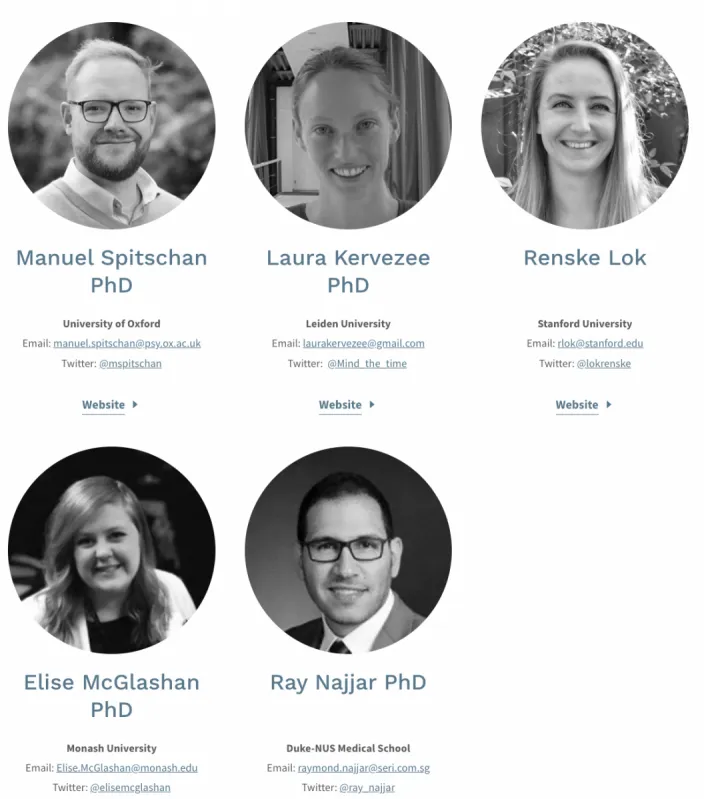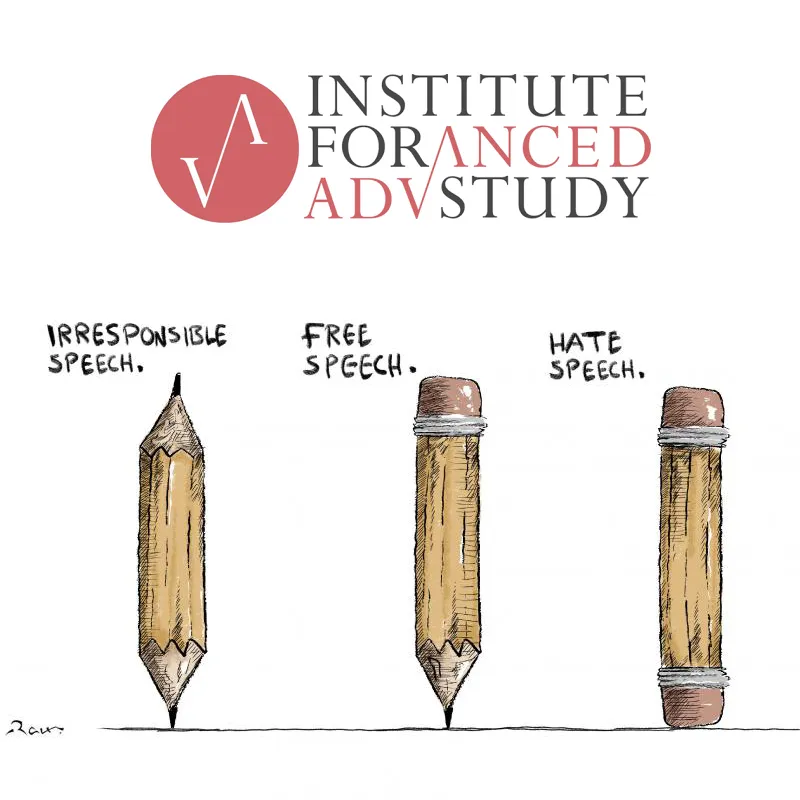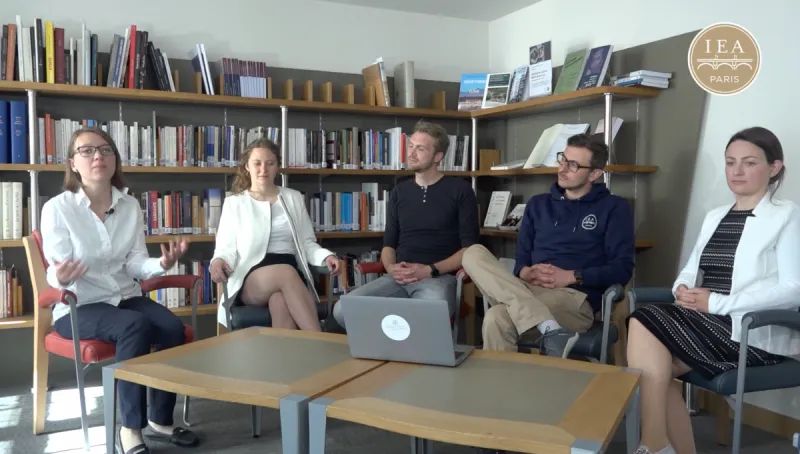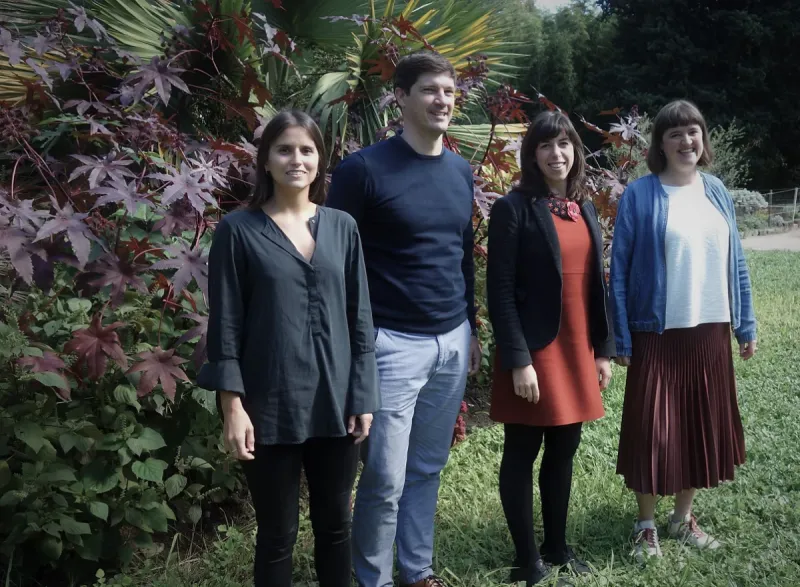The International Criminal Court (ICC) has recently been at the center of fierce criticism about its ability to fulfil its role to investigate and prosecute the most heinous international crimes. In this project, we aim to help counter the criticisms by exploring an optimal decision-making model within the Office of the Prosecutor (OTP). After considering criminological and psychological literature, cultural aspects, and the legal framework in the context of international criminal law we have identified factors that hinder decision-making during the investigation phase. Specifically, we have attempted to map the role of bounded rationality and cognitive bias within the investigation phase and thereby address the first cause of decision error in dynamic decision-making environments. Our future plans to explore how data-driven statistical approaches can assist the development of a theoretical, evidence-based model of optimal decision-making will be discussed.
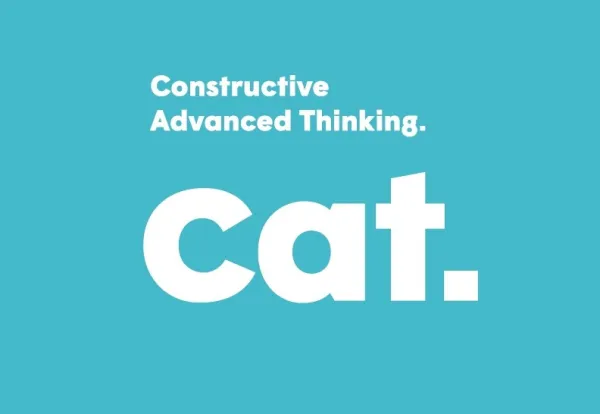
Constructive Advanced Thinking
Praesent commodo cursus magna, vel scelerisque nisl consectetur et. Nulla vitae elit libero, a pharetra augue. Donec id elit non mi porta gravida at eget metus. Fusce dapibus, tellus ac cursus commodo, tortor mauris condimentum nibh, ut fermentum massa justo sit amet risus.Praesent commodo cursus magna, vel scelerisque nisl consectetur et. Nulla vitae elit libero, a pharetra augue. Donec id elit non mi porta gravida at eget metus. Fusce dapibus, tellus ac cursus commodo, tortor mauris condimentum nibh, ut fermentum massa justo sit amet risus.Praesent commodo cursus magna, vel scelerisque nisl consectetur et. Nulla vitae elit libero, a pharetra augue. Donec id elit non mi porta gravida at eget metus. Fusce dapibus, tellus ac cursus commodo, tortor mauris condimentum nibh, ut fermentum massa justo sit amet risus.
The Constructive Advanced Thinking (CAT) initiative aims to foster networks of excellent early career researchers committed to developing new ideas in order to understand and tackle current or emerging societal challenges. CAT was incubated within NetIAS in 2019 and is supported by 12 European Institutes for Advanced (IAS) Study. The programme supports short stays and research visits of international and interdisciplinary teams of three to five early career researchers, possibly including a stakeholder and led by the Principle Investigator, at participating IAS in order to advance constructive thinking, stimulate discussion and expertise and knowledge exchange.
CAT helps groups of 3 to 5 individuals, headed by an early-career researcher of any discipline, and possibly including PhD students, to work on their project for a duration up to 3 years. In order to enable them to engage in conversations and mature their ideas, the groups are given the opportunity to meet for short stays (i.e. maximum two weeks) in the participating institutes, and to be put in contact with the local fellows and research communities.
The proposals sent by the groups are examined by the participating institutes and reviewed by experts. In the spirit of a bottom-up and open call, the way the teams understand the call and design their proposal is a criterion of assessment, as is the societal relevance of the proposal, the quality of the team, its organization, the deliverables and the innovativeness of the approach to the issue at stake.
- Aarhus Institute for Advanced Studies
- CEU Institute for Advanced Study, Budapest
- Israel Institute for Advanced Studies, Jerusalem
- Madrid Institute for Advanced Study (will not take part in the 2020 call)
- Montpellier Advanced Knowledge Institute on Transitions, Montpellier
- Netherlands Institute for Advanced Study, Amsterdam
- Paris Institute for Advanced Study, Paris
- Scienza Nuova, Torino
- Swedish Collegium for Advanced Study, Uppsala
- Wissenschaftskolleg zu Berlin, Berlin
- Zentrum für interdisziplinäre Forschung, Bielefeld
- Zukunftskolleg, Konstanz
Being a joint initiative of 12 European IAS, the administrative responsibilities for each CAT programme call rotate between the participating IAS. For more information on the annual calls and the groups supported, please contact the responsible IAS.
CAT 2019
Paris Institute for Advanced Study, Paris
https://www.paris-iea.fr/en/events-feed/23936-constructive-advanced-thinking-cat-program
CAT 2020
Zukunftskolleg, Konstanz
https://www.uni-konstanz.de/zukunftskolleg/about-zukunftskolleg/cooperations/constructive-advanced-thinking-cat/
CAT 2021
Central European University Institute for Advanced Study, Budapest
https://ias.ceu.edu/call-applications-202122
